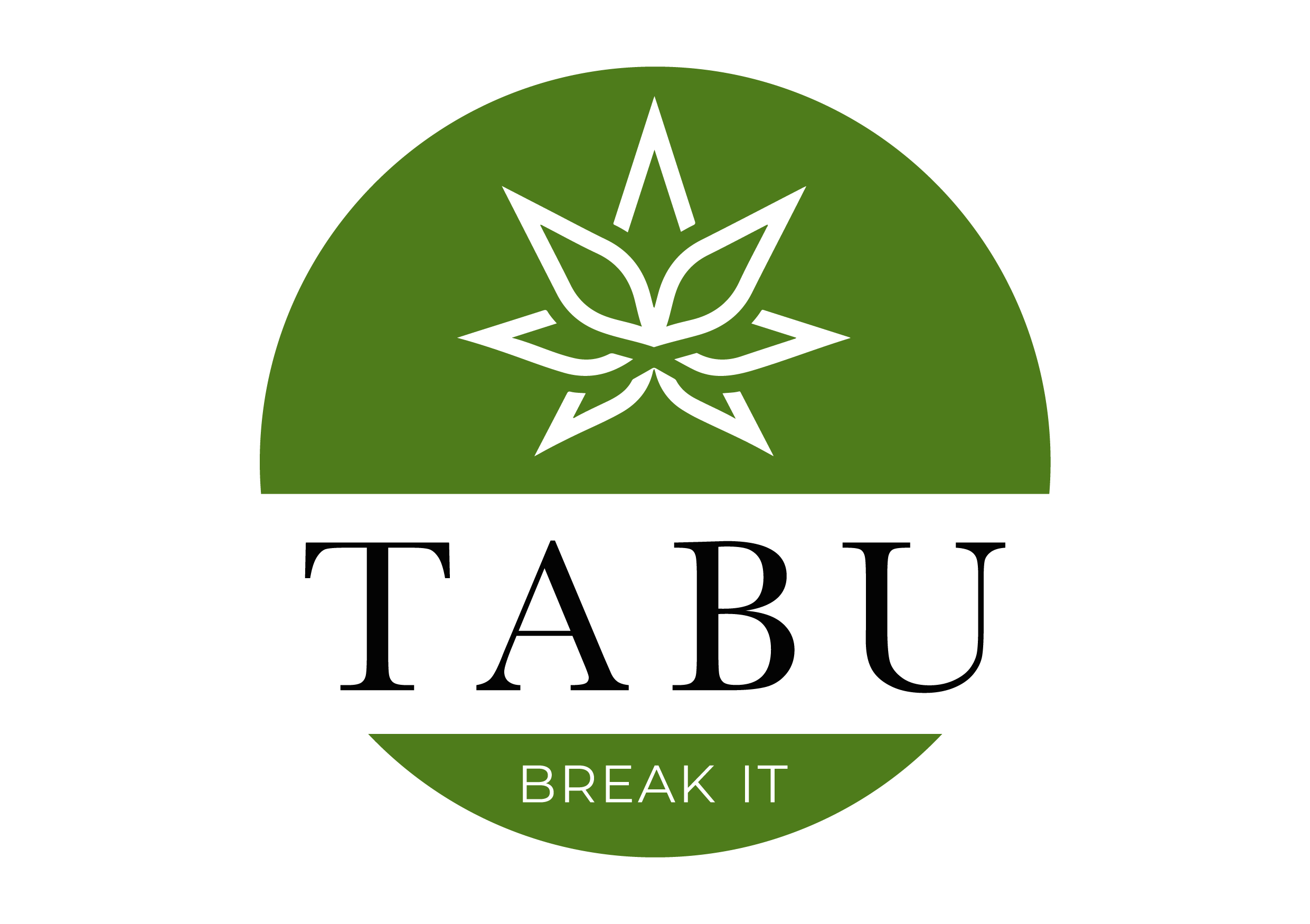The construction industry is undergoing a sustainable revolution and one of the emerging trends at the moment is to incorporate Hemp products into various stages of the construction process .
In this context, Industrial Hemp emerges as an innovative component with the potential to transform the entire industry . In this blog, we will explore how this plant is becoming an ally in sustainable construction and how this can benefit both the sector and the environment.
Construction Materials
One of the most intriguing applications of hemp in construction is related to building materials.
This can be incorporated into materials such as cement, concrete, paints and even hemp blocks . Its addition to these materials can improve their durability and resistance , as well as making them more resistant to fire and wear.



Sustainability in Construction
Sustainable construction is a growing focus around the world. Hemp plays a big role in this scenario, as it is a more environmentally friendly alternative without the addition of certain chemical additives used in traditional building materials.
Also, hemp cultivation is highly sustainable, requiring less water and chemical resources compared to other crops. You can learn more about this topic in our Previous Blog.
Thermal and Acoustic Insulation
Another benefit of using this substance in construction is its potential to improve the thermal and acoustic insulation of structures . This can result in more energy-efficient and comfortable buildings.
In Portugal, building houses from industrial hemp as an ecological and sustainable alternative is already a growing reality, having already taken the first steps in the revolution in the construction sector. The Paraíso 331 local accommodation, located in Porto, already has this innovation in its construction.


In short , the combination of robust hemp fibers with lime results in a natural and lightweight cement, which has the ability to retain heat effectively and offer excellent thermal insulation .
This material is not only resistant to pests, but it is also resistant to fungal growth, has advantageous acoustic properties, maintains low hydration levels and does not require pesticides.
Once again we see the countless uses and benefits of this plant where, this time it is finding a place in sustainable civil construction as an ally in the search for more resistant, efficient and ecological materials.
As the construction industry embraces sustainability, hemp is proving to be a valuable partner in that endeavor.
You can also find more evidence and information on this topic here:





Comments (0)
There are no comments for this article. Be the first one to leave a message!